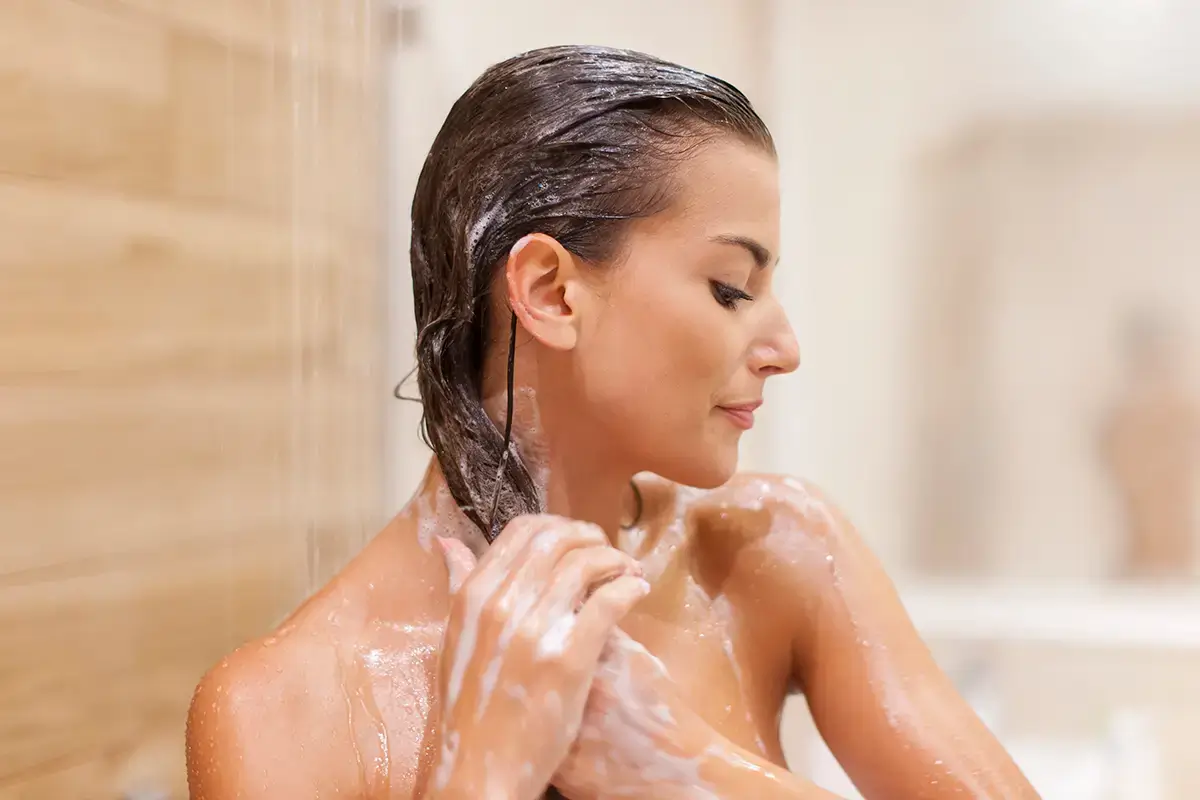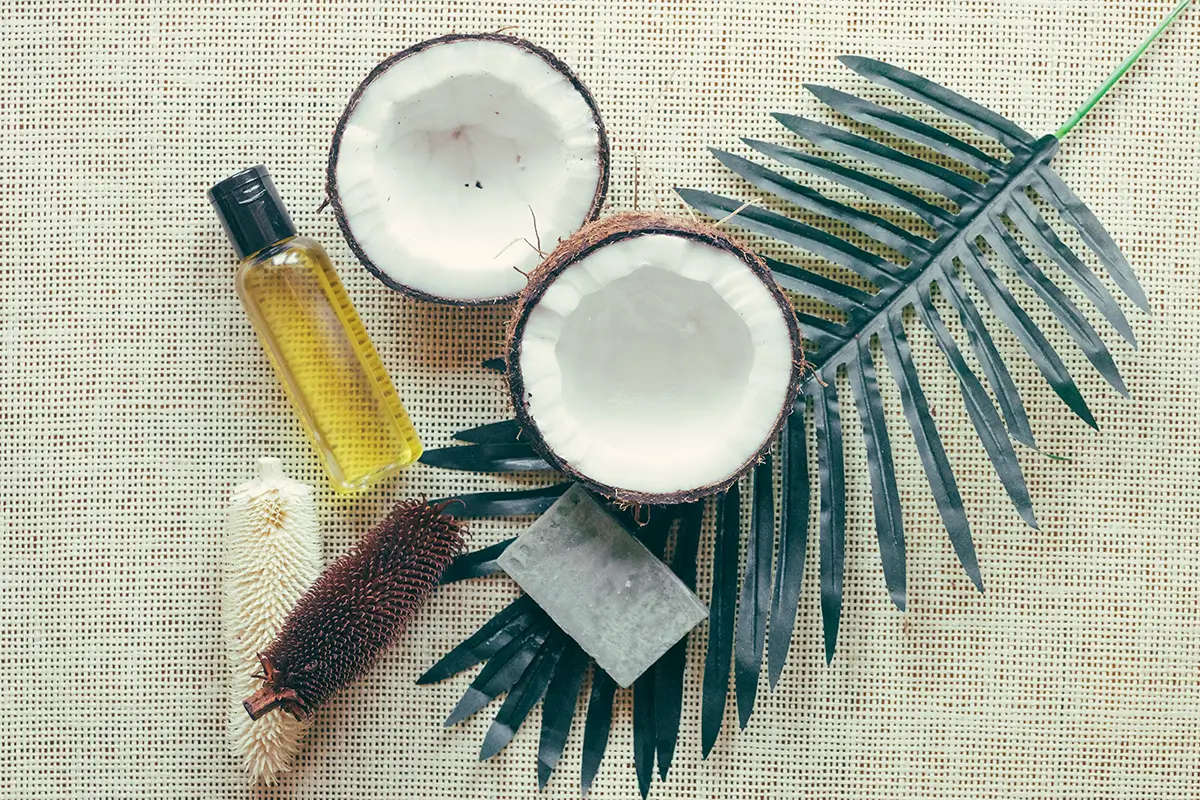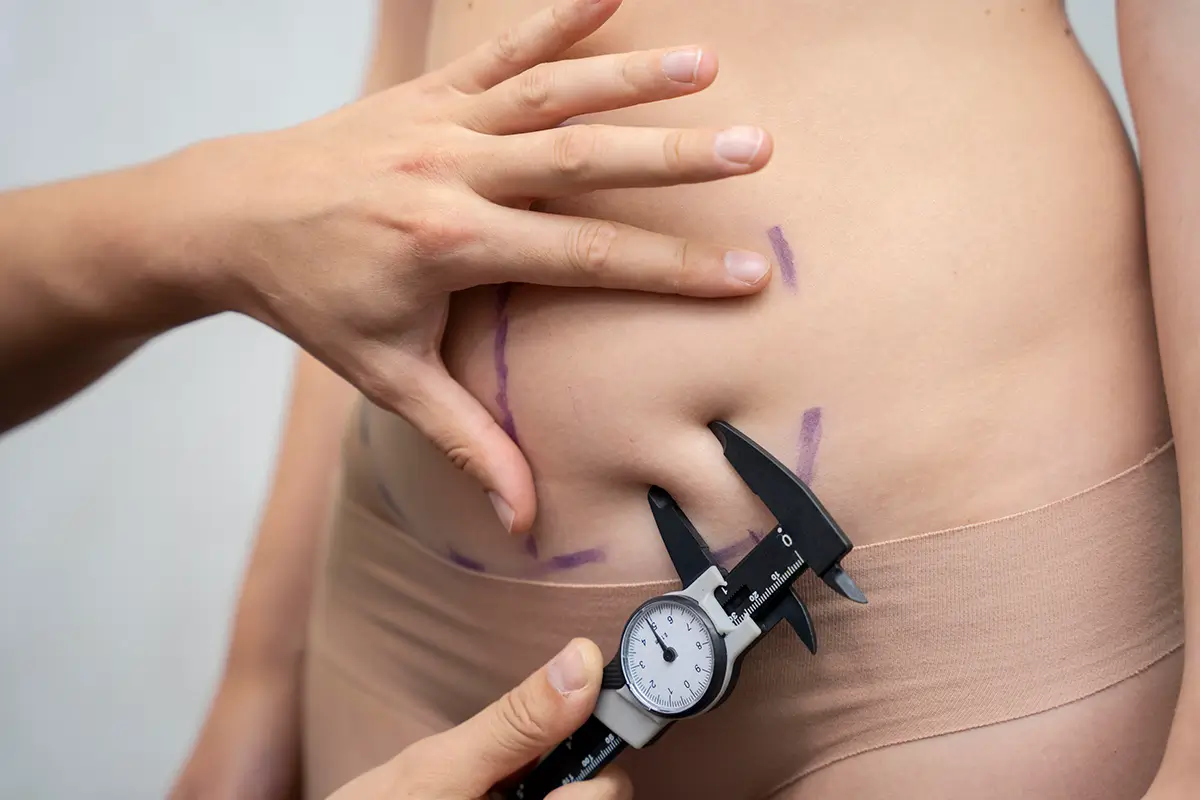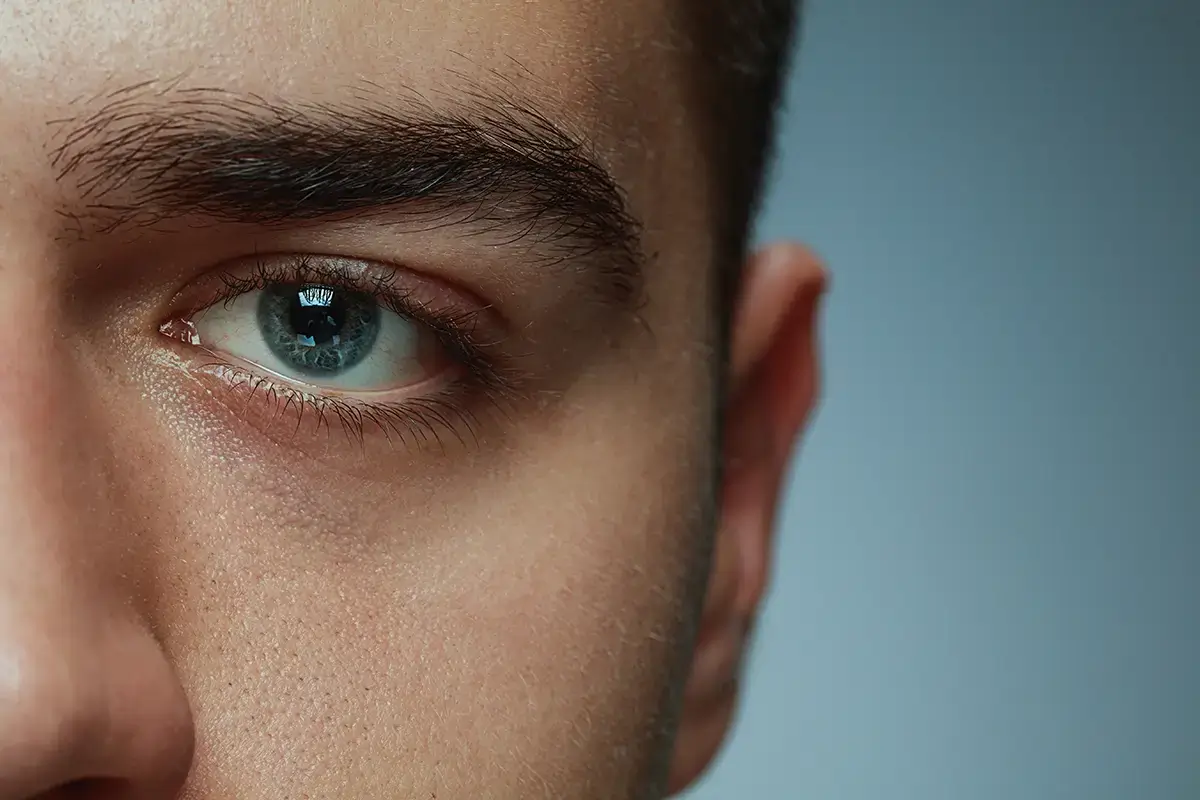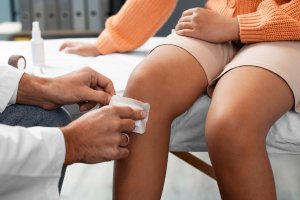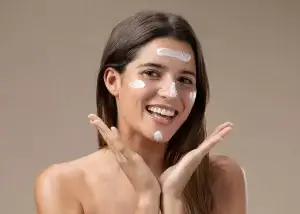Hot Showers: Bad for Skin and Hair?
Hot showers are a common habit among Brazilians, especially during colder months. The relaxing sensation provided by hot water is undeniable, but could this pleasant custom have negative effects on the skin and hair? According to the Brazilian Society of Dermatology (SBD), being mindful of water temperature is essential for maintaining skin and hair health.
Data from the SBD reveal that about 60% of Brazilians prefer hot showers, especially in winter. However, studies indicate that constant exposure to hot water can compromise the protective barrier of the skin and the health of hair strands. This article aims to clarify how hot showers can affect the skin and hair and provide guidelines based on reliable sources for maintaining dermatological health.
How Hot Showers Affect the Skin
The skin is the largest organ of the human body and acts as a protective barrier against external agents. When exposed to hot water, this barrier can be damaged. According to the SBD, hot water removes the skin’s natural oils, known as sebum, which are essential for maintaining hydration and protection. Without this layer of oil, the skin becomes more susceptible to dryness, irritation, and dermatitis.
Additionally, hot water can dilate blood vessels, causing redness and increasing the sensation of itching in people with dermatological conditions such as eczema and psoriasis. Studies show that frequent exposure to hot water can worsen these symptoms, making the management of these conditions more challenging.
Impacts of Hot Showers on Hair
Like the skin, hair also suffers from the effects of hot showers. The SBD warns that high-temperature water can open the cuticles of hair strands, making them more vulnerable to damage. This results in drier, more brittle hair with a greater tendency to frizz.
The removal of natural sebum also affects the scalp, leading to dryness and dandruff formation. Moreover, colored or chemically treated hair is even more sensitive to damage caused by hot water, losing shine and color more quickly.
Recommendations for Healthy Showers
To minimize the negative impacts of hot showers, SBD experts recommend some simple practices. First, opting for lukewarm or cold showers can help preserve the integrity of the skin and hair. The ideal temperature is close to body temperature, around 37 degrees Celsius.
Additionally, limiting the duration of the shower to a maximum of 10 minutes can prevent the excessive removal of natural oils. Using mild soaps and moisturizers after the shower is essential to restore lost moisture. For hair, the use of conditioners and moisturizing masks helps maintain the health of the strands.
Conclusion
Although hot showers can be comforting, it is important to be aware of the potential damage to the skin and hair. Adopting healthier and more conscious habits, such as choosing milder temperatures and using moisturizing products, can make a big difference in maintaining dermatological health.
Sources Consulted
- Brazilian Society of Dermatology (SBD)
- World Health Organization (WHO)
